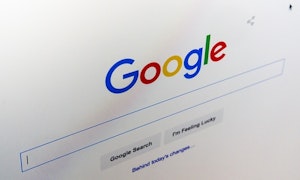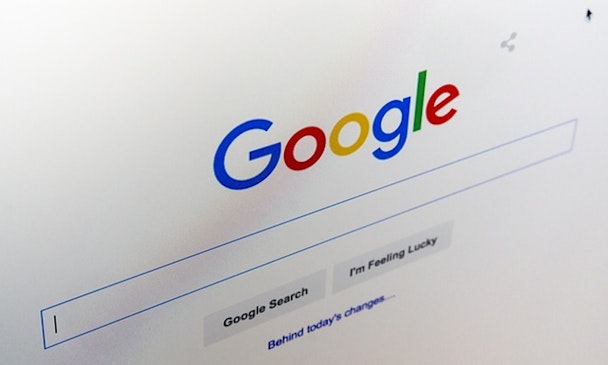Google scraps right-sided desktop ads in move that will make advertisers spend more
Google’s decision to remove most ads on the right hand side of search results aligns desktop results a lot more mobile search in a move that will inflate the value of its ads but advertisers may have to spend more on the smaller real estate.


Ads will no longer be displayed in the right-hand side of the search results page after the online business confirmed that the sidebar would now be left clear. Instead one additional ad will be placed at the top of the page, resulting in four ads now being displayed.
The changes mean an overall reduction in ads displayed on the search results page. Until now between three and five ads would be displayed on the right of the page with a further three at the top.
Google has been testing the new layout for “a long time” and in a statement said the changes are designed to provide more relevant results for people searching and better performance for advertisers.
The removal of what are more likely to be less revenue driving ads means that PPC ad clicks are now on average going to be worth more money. Furthermore, advertisers who are now falling off the page will have to raise bids, further inflating the average cost per click. This will improve the overall average quality of sponsored links, giving users a better experience because only better quality ads are ever likely to show.
“For consumers there will be less ads, so the search experience will be more streamlined. On the flip side, competition for slots will increase but those fewer advertisers that make it will get more bang for their clicks,” said Niel Bornman, global chief product officer at iProspect.
“The shift will really level the playing field as simply having a massive budget will no longer be the defining factor for success. That number one spot in search will reach unparalleled levels of importance.
A change of this magnitude hasn’t been seen since Google started treating the ads on the second page as a new auction instead of serving different advertisers’ ads. For a listed company, the enhanced revenue makes sense, but for agencies and advertisers alike, there will be substantial changes which will require a strategic shift.
"The enhanced paid real estate will have a dramatic effect on organic listings, particularly on mobile devices, where we expect to see reduced CTRs. CPCs will likely rise as a consequence of the increased competition for premium positions, with resellers, comparison sites and smaller brands all suffering as acquisition costs rise,: said John Barham, head of paid media at Roast.
“Ultimately, advertisers who have used their data and insights to understand their consumer’s journeys and attribute sales accordingly will have the advantage in the future.”
Richard Hartley, PPC director at Jellyfish, added: “Savvy advertisers will still have strong, ROI-focused bid strategies in place and so may just have to weather the storm whilst we see the full impact this change will have, with perhaps some less savvy companies panicking and throwing up bids. It does however seem very likely cost per clicks will rise but by how much remains to be seen.”

